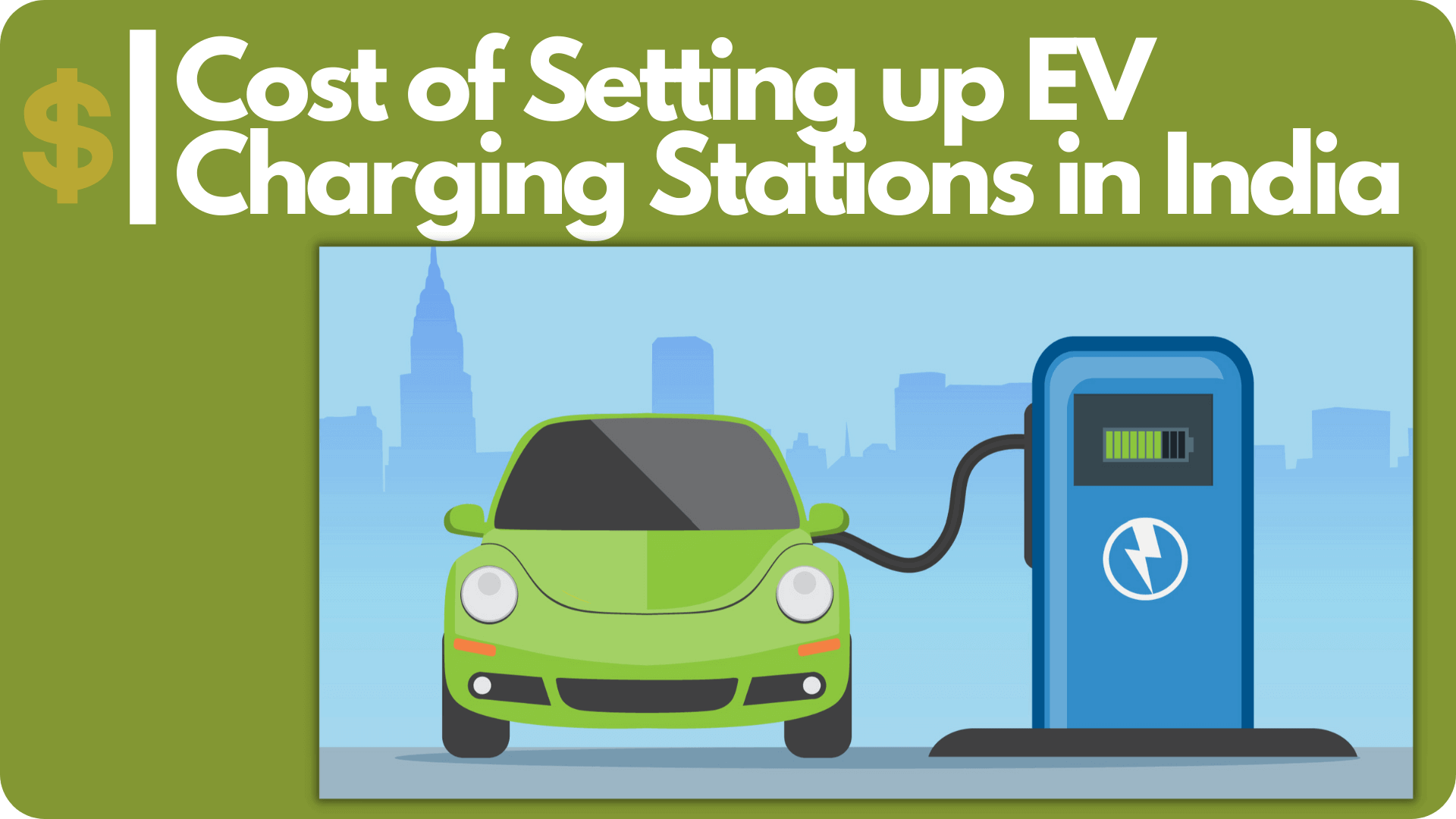
The EV credit tax credit now stands at $7500 and will be maintained for a period of ten years. This means that the federal government has a plan for promoting cleaner vehicles. The credit was originally limited to 200,000 cars per automaker. It will now be extended to all electric cars. However, the new law has its own set requirements. Therefore, buyers should speak with a tax professional prior to making any purchase.
You must complete IRS Form 8936 before you can claim the EV credit. This form reports the amount of your annual taxes that are taxable and your vehicle identification number. You must also report the value of the credit you received. This value may be claimed upfront, or as a discount on a purchase of an EV.
The maximum price of the EV that qualifies for the tax credit is $55,000 for a car and $80,000 for an SUV. Also, the battery pack must meet certain criteria. It must contain a minimum of US parts and a country with a free trade agreement.

In addition to the price limit, the new rules also contain an income limit. The maximum credit for a single taxpayer will be $150,000 in 2023. The credit will also be capped at $300,000 for joint filing households. There is a separate $4000 credit for used EVs.
Although the federal tax credit for EVs is now less generous, buyers can still be eligible for state incentives. These may vary by state, but they could be applicable to a wider array of EVs. California offers a $750 rebate for qualifying vehicles. If you reside in California and want to purchase an EV you should inquire with your local utility provider to find out if there are any incentives.
The Inflation Reduction Act (IRA) has made several modifications to the EV tax credits. A new "final assembly" requirement is in effect. If your new electric vehicle is to be delivered after August 16, 2022 you will need it assembled in North America. This will significantly reduce the available vehicle pool.
A new law includes an income cap which limits the amount of the EV tax credit you can claim. The $7,500 credit can be claimed if you have an existing credit that was available before August 16, 2022. You can either use the credit as cash or a discount if you are eligible for existing credit prior to this date. If you don't qualify for the previous tax credit, the new credit can be used. The credit will be available up to $3750 for a Model 3 & up to $63,990 if you purchase a Model Y.

You may want to consider buying a Tesla Model Y. Elon Musk says that a hatchback EV may be in development. This will likely use 4680 batteries from the 2022 Model Y. This cell has a much lighter weight than other batteries of the same power, which is a benefit for fuel efficiency.
FAQ
What is the difference between an automotive technician and a mechanic?
The two are similar but not identical. An automotive technician maintains cars, while a mechanic repairs them.
A mechanic should be able to do simple tasks quickly and have good manual dexterity. They must also be able to diagnose problems accurately and repair them effectively.
An automotive technician needs to be more technically skilled than a mechanic. They must be able and able to read blueprints as well as use tools like drills or wrenches.
They must also be able to carry out complex procedures safely. They must also be familiar with different types of engines and electrical systems.
They should also be able understand how different parts interact.
The result is that a mechanic often earns less than an auto technician. There are many job opportunities in both.
Is it worthwhile to become a mechanic?
The answer to this question depends on what you want from life if you are looking for money, then yes, but if you're looking for meaning and purpose, then no.
If you don’t possess any mechanics skills, you won’t be able to do it. It will not make you rich. It won't make you famous. It's unlikely that it will change your life.
This would require you to spend many years learning how to properly do everything. Then you'd still have to pay someone else to fix your car when it breaks down. Most people avoid doing this. They find something better.
Summarising, if your goal is to make lots of money, go for it. You can't live a meaningful existence if your goal is to make a living in the mechanic's business.
Is it hard being a mechanic apprentice
Although it's not an easy task, you will learn quickly and have many opportunities to advance.
You will need patience and perseverance. You will also need to be able fix cars, trucks and motorcycles.
Customers and family members can put a lot pressure on you. They want you to succeed. You shouldn't feel pressured to make decisions that you don't like.
If you enjoy fixing cars, it could be a great career choice. You can make a decent living and build your business.
You might choose to take a different route. This is where you might be interested in becoming a technician.
This could involve using your technical knowledge to support other employees. You might be able to assist technicians in troubleshooting problems or teach them new techniques.
Another option is to become a service advisor. Here, you'll provide advice and assistance to customers when they bring their cars to a garage.
Your decision will be based on what your priorities are. There are many options, so you can choose the one that suits you best.
Does it matter what college I go to?
No, not really. There is no difference between colleges in terms of how to get into the automobile industry. But, there are better programs at some schools than others. Look elsewhere if you want something more niche.
How can I prepare myself for a mechanic apprenticeship
It is vital to be able to comprehend what you are doing. It is important to know the basics of how cars work. You will be able to know exactly where to begin when you arrive at the garage for your first day.
You will also need to learn how to fix simple problems like tires and broken lights.
This should help you learn how to diagnose issues and repair them yourself.
Also, it is important to know how parts fit together so that you can put them back together.
Finally, be proficient in using tools safely and efficiently.
All these aspects will help you become a competent technician.
Statistics
- According to the BLS, the median annual salary for automotive service technicians and mechanics in the United States was $44,050 in May 2020. (uti.edu)
- The U.S. Bureau of Labor Statistics (BLS) reports that the job outlook for automotive service technicians and mechanics is expected to decline by 4% from 2019 to 2029. (indeed.com)
- 52% of Mechanics in the United States think their salaries are enough for the cost of living in their area. (indeed.com)
External Links
How To
How to become a mechanic certified
The mechanic's certifications can be used by people who wish to become professional automotive technicians. They cover all aspects of auto repairs including engine diagnostics. Electrical systems. Brakes, suspension. steering. Fuel injection. Air conditioning. Heating. Exhaust. Diagnostic tools. Body repairs. Collision damage repair. Paintless dent removal. Motor vehicle emissions testing.
The program is composed of 12 hours classroom instruction and three month's on-the-job training at participating dealers. Students must take a minimum 60-hour semester of classroom instruction. Additionally, students must pass a written examination that includes both theory and practical questions. After completing the coursework students are eligible to take the National Institute for Automotive Service Excellence state examination (ASE). For employment as an automotive technician, certification by ASE is necessary.